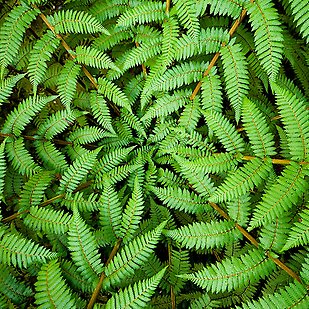Biology

Biology is concerned with life in all its forms, from cells, organisms and populations to entire ecosystems. Generally, biologists engage in the study of diversity in nature, examining how plants, animals and other organisms are structured and how they work, down to the smallest molecule. An important part is to try to understand the mechanisms that underlie the complex interactions in nature, between and within organisms, both at the molecular level and at a larger-scale perspective.
Biologists work in diverse areas that can be divided into a few main categories. They can, for example, work with environmental protection, nature conservation, water conservation and toxicology and try to track environmental problems to prevent environmental destruction. They can work in molecular biology for example in medical and industrial companies. Biologists can also work in the field of medicine, for example in immunology and microbiology, or in research in all of the above and many more areas.
Programmes
Courses
Bachelor's level, basic courses
Bachelor's level, continuing courses
Master's level courses
Contact
- Study counsellor
- studievagledare@ibg.uu.se
